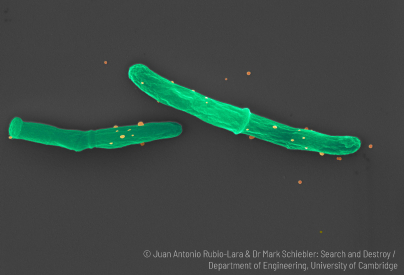Research
Our agency supports research into HIV/AIDS, viral hepatitis, sexually transmitted infections, tuberculosis and emerging infectious diseases through funding, evaluation, research coordination and scientific facilitation.
Last updated on 05 July 2024
Diseases and pathogens

Viral haemorrhagic fevers
Viral haemorrhagic fevers (VHFs) include various diseases (Ebola, Lassa fever, Marburg fever, Crimean-Congo fever, etc)

Viral hepatitis
Viral hepatitis is inflammation of the liver caused by any of the viruses A, B, C, D and E

Sexually transmitted infections (STIs)
The majority of sexually transmitted infections (STIs) are caused by bacteria or parasites.

Tuberculosis
Tuberculosis is one of the deadliest infectious diseases. Every day, around 28 000 people contract it and over 4 100 people die from it, according to the WHO.

HIV
The human immunodeficiency virus (HIV), which causes AIDS, affects around 38 million people worldwide, according to the WHO.

Arboviruses
Arboviruses (arthropod-borne viruses) are transmitted to humans and/or other vertebrates by certain types of blood-feeding arthropods (mosquitoes, ticks, sandflies and midges). They transmit the pathogen during their blood meal, after having bitten an infected person or animal. Dengue, Zika and…

Mpox
Mpox, formerly known as monkeypox, has been circulating for decades in West and Central Africa.

COVID-19
Having appeared in Wuhan, central China, in December 2019, the SARS-CoV-2 coronavirus spread throughout the world very quickly.
Research projects
Here are a few examples of the research projects we fund. More information about our clinical research projects involving the storage of samples hosted in our biobank can be found in Data and samples.
*This section does not include an exhaustive list of the research projects supported by ANRS MIE.
The latest projects*
Scientific animation groups
The agency brings people together within a variety of groups, such as coordinated actions (CA), workgroups and sub-groups, networks, and task forces.
For more informationScientific commitments
ANRS Emerging Infectious Diseases is committed to structuring its activities for the benefit of research and the scientific community.

Open science
Open science refers to the unhindered dissemination of results, methods and products from scientific research.





